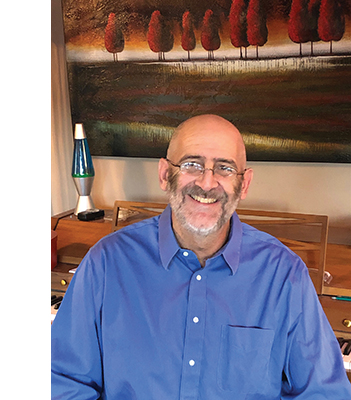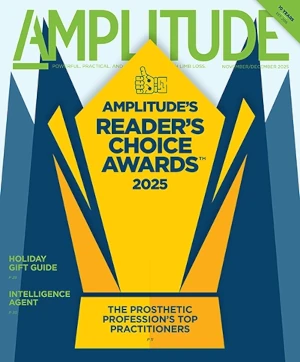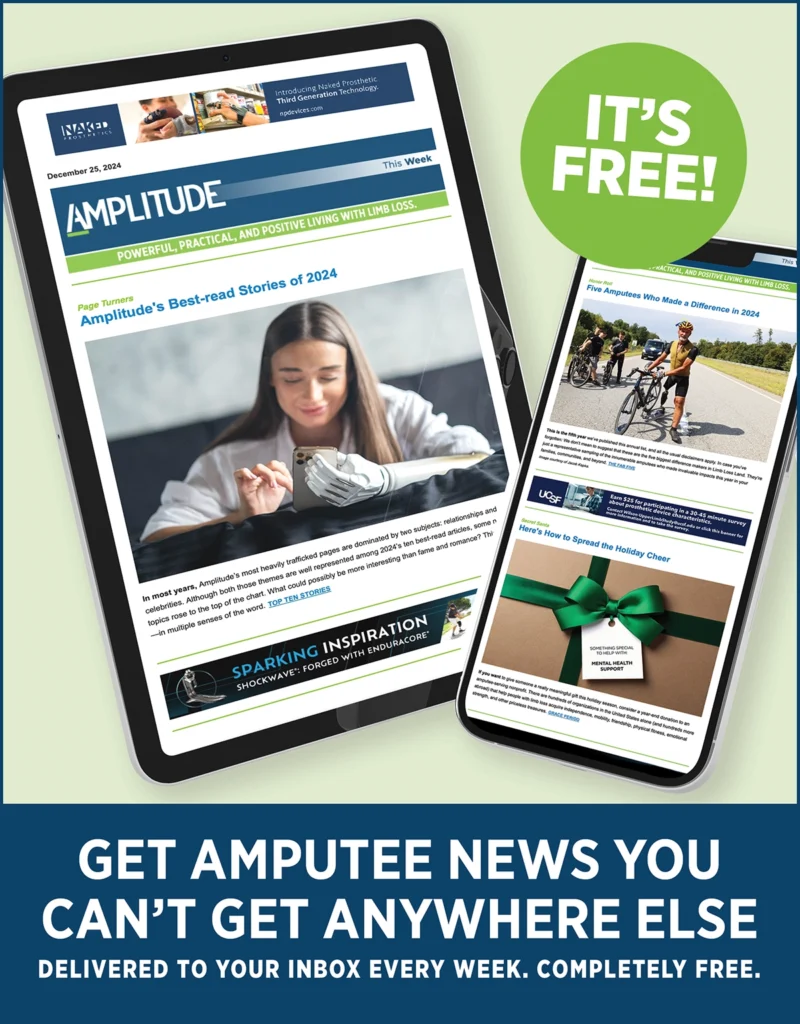
When I first heard about Breeanna Elliott’s plans to try highlining, I was slow to grasp the story’s value for our audience.
I’ve seen people walk on slacklines (the low-altitude version of a highline) in the park near my house, and it looks like a fun challenge—but those folks are operating mere inches off the ground, with a gentle field of grass underneath and without a disability. Elliott was preparing to do the same thing 300-plus feet above the Utah desert on a prosthetic leg, which seemed anything but relaxing.
It also seemed like such an exceptional thing to do that I wasn’t sure the story belonged in Amplitude. Our average reader would never even consider this, I reasoned. Neither would the average nondisabled person—only a few thousand individuals worldwide engage in this sport, an infinitesimal fraction of the global population.
Then I listened to Elliott describe the challenges of learning to slackline. It reminded me of how lower-limb amputees describe the experience of learning to walk on a prosthesis. She talked about building new mind-body pathways, recalibrating her sense of balance, dusting herself off after falls, and persisting through frustration. Above all, Elliott described a process of learning to trust herself—as she puts it, “of adapting activities to my needs, not the other way around.”
Framed in that way, Elliott’s highlining adventure struck me as almost universally relatable for anyone who’s lost a limb. Her story, “Cripping the Void,” is accompanied by some eye-grabbing photos. Turn to page 18 to begin reading.
In these days of economic uncertainty, planning your financial future can feel as precarious as crossing a highwire. This issue includes a variety of strategies for making the budgetary ground feel a little bit steadier beneath your feet. That article (titled “Are We Having Funds Yet?”) starts on page 30.
Angelina Martinson writes about an unfortunate trend within the online limb-loss community: the emergence of trolls who deliberately seek to knock amputees off balance. The worst thing about this behavior, she writes, is that it comes not from clueless able-bodied people but from other amputees who ought to know better. These attacks are often rooted in frustration, disappointment, or a misguided sense of competition. But in the end, Martinson insists, “we need to lead with compassion, because no one outside our community will ever understand us the way we understand each other.” Get the full story in “Unfriendly Fire,” starting on page 12.
Elsewhere in the issue, read about Diana Theobald’s heroic efforts to repay her prime caregiver after knee replacement surgery (page 24); Kim Ousley’s reality check on the impact of Medicaid benefit cuts (page 32); a prototype socket made from pineapple-leaf fibers (page 5); and lots more.





